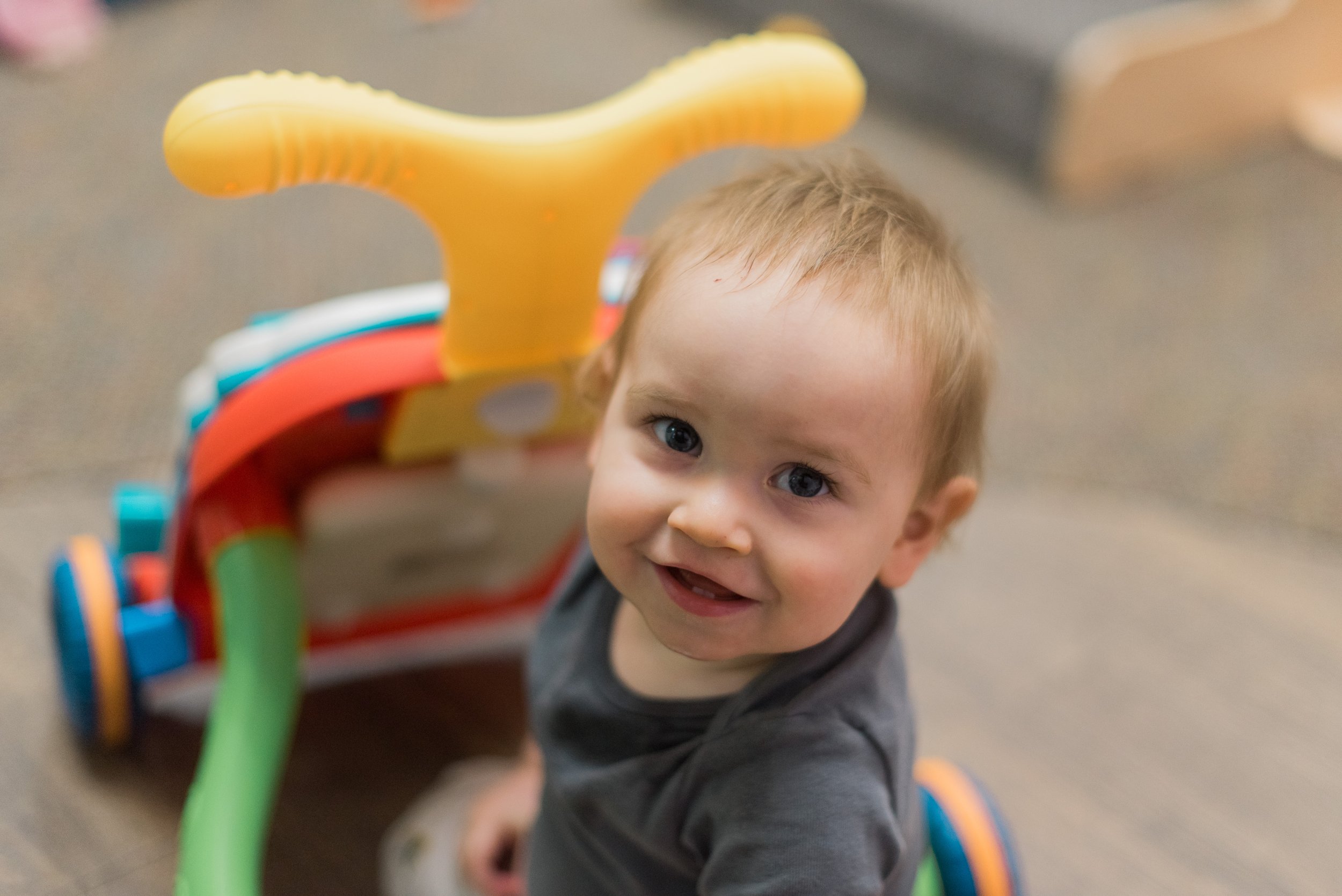Guide to Positive Parenting with Young Children
At Precious Angels Learning Center, we understand that parenting comes with its joys and challenges. One of the most important aspects of raising young children is guiding their behavior in a loving and constructive way. We believe in the power of positive discipline. This approach teaches self-control, confidence, and social skills. It also helps with emotional well-being.
Our goal is to support families in nurturing resilient, kind, and ready-to-learn children. Here are some of the age-appropriate positive discipline techniques we incorporate at Precious Angels, and we encourage you to use them at home.
Positive Discipline Techniques for Infants
Infancy is a time of rapid growth and discovery. Babies are learning about their environment and how to communicate their needs. At Precious Angels, we focus on creating a safe and nurturing space where infants can begin to understand routines and develop trust in the world around them.
Set a Routine for Security: At Precious Angels, we know how much babies thrive on routine. Our infant classrooms follow consistent naps, feedings, and playtime schedules to provide security and comfort. A predictable routine helps babies feel safe and eases transitions throughout their day.
Redirect with Gentle Guidance: Infants explore the world through their senses; sometimes, curiosity leads to unsafe situations. Our caregivers gently redirect babies to safe and engaging activities. For example, if a baby reaches for something unsafe, we offer them a colorful sensory toy instead. This encourages curiosity in a safe way.
Use Calming Cues: When infants are upset, our team responds with calm voices, soft touches, and comforting eye contact. This helps babies feel understood and teaches them that their feelings matter. We encourage families to use similar calming cues at home to build trust and emotional security.
Techniques for Toddlers
Toddlers are curious explorers who are beginning to assert their independence. This stage can be full of big emotions and even bigger energy. At Precious Angels, we guide toddlers by providing structure and opportunities to make choices, helping them learn self-control and positive ways to express themselves.
Provide Choices to Empower Them: Toddlers crave independence, and offering them choices can help avoid power struggles. In our toddler rooms, we give children simple decisions to make, like choosing between two activities or snacks. This empowers them and teaches decision-making within safe boundaries.
Focus on Redirection Over “No”: We understand that constant “no’s” can be frustrating for toddlers. Instead, our teachers use positive redirection. Giving your toddler another option will redirect their attention and allow them to express themselves in a positive way.
Reinforce Positive Actions: At Precious Angels, we celebrate positive behavior. When toddlers share toys or listen to instructions, we praise them. We might say, “Thank you for helping clean up!” This recognition encourages good behavior.
Set Clear, Simple Boundaries: Clear, consistent rules help toddlers feel safe. We use simple phrases like, “We walk inside” instead of “Don’t run.” Our teachers consistently reinforce boundaries to help children understand what’s expected.
Techniques for Preschoolers
Preschoolers are developing critical thinking and social skills. They are eager to learn, solve problems, and engage in cooperative play. At Precious Angels, we focus on teaching problem-solving, responsibility, and empathy to help them navigate their growing world.
Teach Problem-Solving Skills: Preschoolers are ready to learn how to solve problems. If two children want the same toy, we help them brainstorm solutions, like taking turns or choosing another toy. This teaches conflict resolution and cooperation.
Encourage Responsibility Through Small Tasks: We assign preschoolers age-appropriate tasks, like setting the table for snacks or helping tidy up. Praising their efforts (not just the outcome) builds responsibility and confidence.
Offer Positive Reinforcement for Empathy and Cooperation: We praise acts of kindness, like sharing or comforting a friend. Saying, “That was nice of you to help your friend!” teaches kids about empathy. It shows them the importance of being kind and working together.
Techniques for Early School Age
As children grow into early school age, they become more capable of understanding rules, responsibilities, and the impact of their actions. At Precious Angels, we guide them through this exciting stage by promoting independence, self-reflection, and respectful communication.
Set Logical, Clear Consequences: For our older children, logical consequences are effective. If they don’t clean up their activity, they might lose access to it until they put it away. This helps them understand responsibility.
Encourage Self-Reflection: We guide children to reflect on their feelings and actions by asking questions like, “How did you feel when you shared with your friend?” This builds emotional awareness and self-regulation.
Use “I” Messages to Model Communication: Our teachers model respectful communication by using “I” statements. For example, “I feel worried when you climb on the table because I want you to be safe.” This helps children understand how their actions affect others.
Reinforce Positive Behavior with Specific Praise: Specific praise helps children recognize their good behavior. Instead of “Good job,” we say, “Good job helping clean up today!" This makes positive behavior more meaningful.
Building a Foundation for Lifelong Success
At Precious Angels Learning Center, we’re more than just caregivers—we’re partners in your child’s growth. By using positive discipline at home and in classrooms, we can help children build self-confidence and empathy. This approach also teaches them important skills they need to succeed. Together, we can build a community where every child feels valued, loved, and ready to learn.







